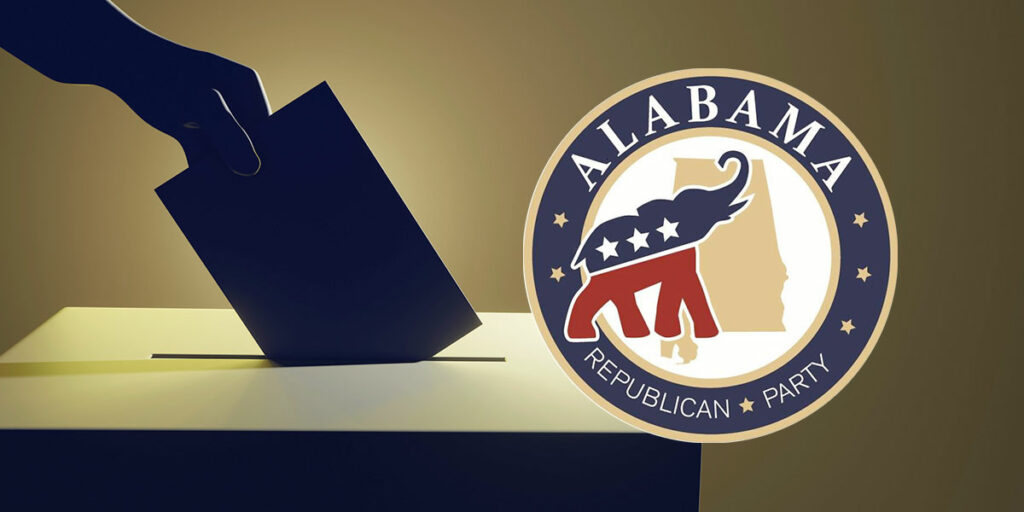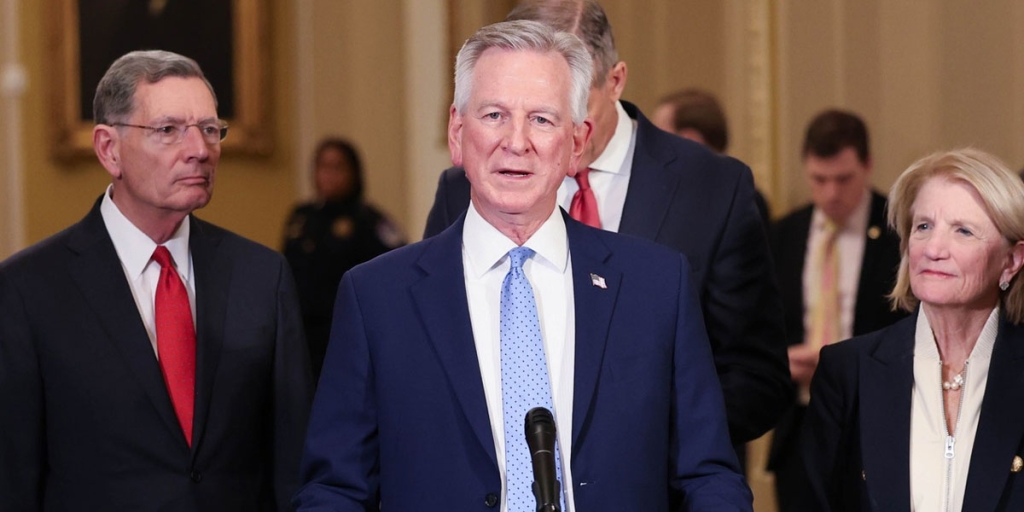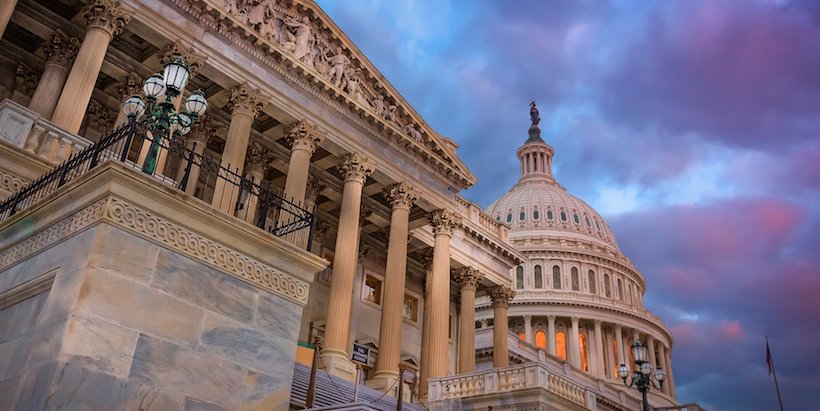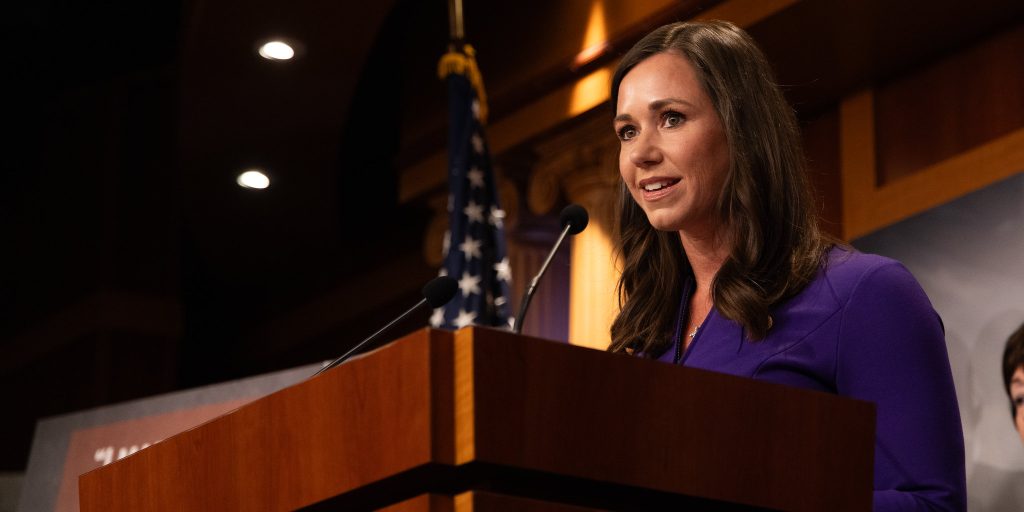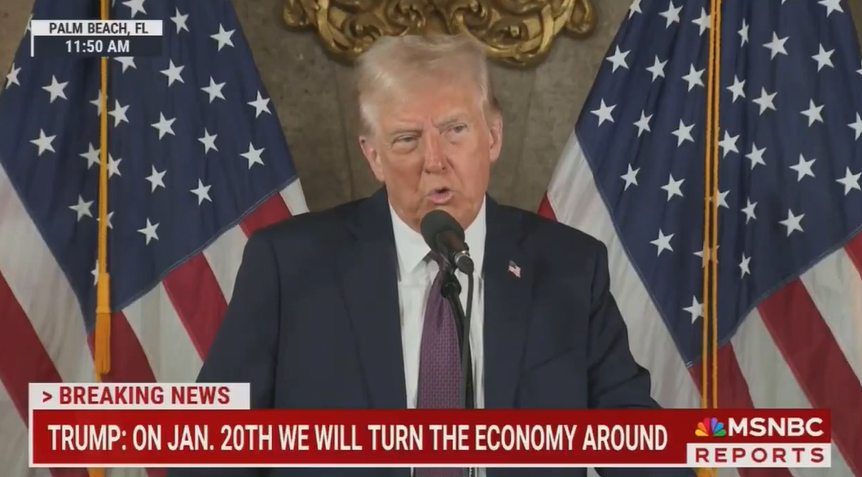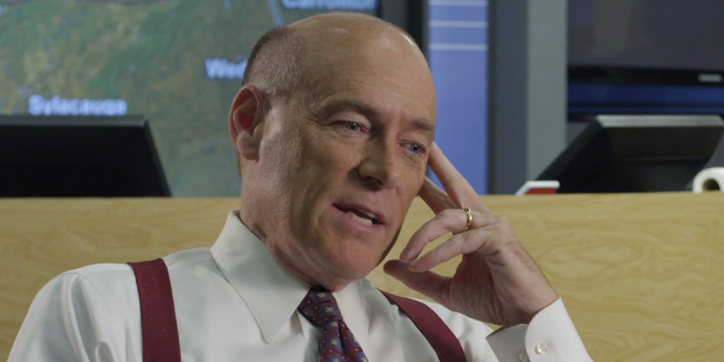https://www.youtube.com/watch?v=ORK08SFO_MU&feature=youtu.be
(Video Above: Alabama Sen. Jeff Sessions addresses the Senate floor, urging his colleagues not to approve TPP until they know what the trade agreement contains)
WASHINGTON, D.C. — Senator Jeff Sessions (R-AL) took to the Senate floor Monday morning to discuss what he believes to be the secret environmental motives behind President Obama’s negotiations in the Trans-Pacific Partnership trade deal. Echoing the concerns of many on both sides of the aisle, Sessions stated that “This Congress should not fast track any transnational union of which we are a part until we understand every word of it.”
In the impassioned speech, Sessions expressed his fear that if Congress passes TPP, it will cede sovereignty over its ability to control environmental regulations.
“Can this Commission pass things that impact and override the powers of Congress?” Sessions asked, rhetorically. “President Obama has said that climate change is his highest priority. You say, ‘Jeff this is an exaggeration, they wouldn’t use the Pacific Union to advance political agendas outside trade, tariffs, those kind of things.’”
This optimistic view is wrong, Sessions argues, pointing to quotes made by President Obama’s own Trade Representative for proof.
“We will insist on a robust, fully enforceable environment chapter in the TPP or we will not come to agreement,” Froman said. “Our proposals would enhance international cooperation and create new opportunities for public participation in environmental governance and enforcement.”
Further bolstering his argument, Sessions reference an article from American Thinker multiple times which asserts that Environmental Policy was Obama’s “bottom line” for any trade agreement and Froman consistently emphasized environmental stewardship as “a core American value.”
The Alabama Senator expressed concerns over the TPP’s “living agreement” power, which could potentially allow the twelve partner nations to change the agreement to something different than what Congress had initially approved.
Questions on these issues are exactly why Sessions believes that Congress “should not enter an agreement until we have it made public and it has been studied by good lawyers who understand these things.”
Sessions is not the first Alabama politician to question ObamaTrade. Congressmen Mo Brooks (R-AL5) and Gary Palmer (R-AL6) challenged House Ways and Means Committee Chair Paul Ryan to “provide for full and complete public viewing of the TPP and summary documents explaining how the “living agreement” provision of the TPP will operate as well as all powers and authorities delegated to the “Trans-Pacific Partnership Commission” (Commission) that will be created by the TPP,” but the request was denied.
The non-publicly disclosed deal has come under scrutiny from even the most ardent supporters of free trade agreements, precisely because no one outside of the administration is fully certain of its contents.
“While I support the principle of free trade, I voted against moving forward on a bill that would provide the President with ‘fast-track’ negotiating authority,” Sen. Richard Shelby (R-AL) told Yellowhammer earlier this month. “President Obama has abused the power of his office many times, and I have serious concerns with his ability to negotiate a trade deal that will be in the best interest of the American people.”
The agreement currently includes the twelve countries of Australia, Brunei, Canada, Chile, Japan, Malaysia, Mexico, New Zealand, Peru, Singapore, the United States, and Vietnam, but some fear that China—which manipulates its currency and is often accused of unfair trade practices—could be retroactively added using the living agreement authority.
The House of Representatives approved the Trade Promotion Authority last Thursday. The bill now goes back to the Senate, where the White House and GOP leaders are seeking to strike a deal with Democrats.




